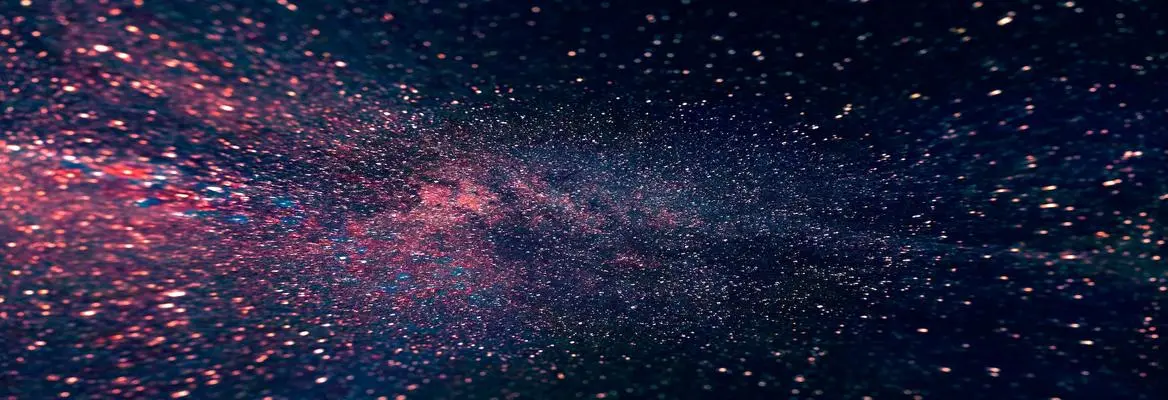Is the universe fundamentally predictable or unpredictable? Does the degree to which the future remains unknown reflect our own cognitive limitations, or the fundamentally open structure of reality? Earlier this week a remarkable panel comprising of Lee Smolin, Francesca Vidotto and John Vervaeke debated these questions during an IAI Live event, streamed in real time from the Institute of Art and Ideas in London. The universe, the panelists agreed, is a place of constant change and surprise, and its future remains fundamentally open.
Arguably the success of the natural sciences, physics in particular, is measured in terms of its predictive powers. Even quantum mechanics, a theory that challenged the deterministic picture of reality, still makes predictions, albeit probabilistic ones, with great accuracy – the greatest of any theory so far. But is this idea that reality has a certain order, that the future will resemble the past, and that we are capable of identifying the patters that help us navigate time true? Or is reality and the future radically open, unpredictable, and capable of surprising us?
These were some of the questions that radical theoretical physicist Lee Smolin, professor of physics, astronomy and philosophy Francesca Vidotto, and professor of cognitive science, John Vervaeke, tackled during a live online debate for the Institute of Art and Ideas earlier this month. The discussion ended up focussing less on the cognitive limitations of humans and more on the very nature of reality itself and the extent to which it lends itself to predictability. Then again, John Vervake argued that there is a lot more continuity between the cognitive structure of the human mind, and the structure of reality itself.
Lee Smolin kicked off the discussion by saying that while we can of course predict some things, the idea that the future is entirely predictable is part of a metaphysical fantasy based on a particular conception of the laws of nature. For him, the best expression of this Newtonian paradigm of determinism is found not in the writings of Sir Isaac, but the playwright Tom Stoppard. In his famous play Arcadia, the character of Thomasina is fascinated by the idea that the future is, in principle, knowable:
“If you could stop every atom in its position and direction, and if your mind could comprehend all the actions thus suspended, then if you were really, really good at algebra you could write the formula for all the future; and although nobody can be so cleaver to do it, the formula must exist just as if one could.”
___
For Smolin, the universe is best thought of not as a collection of things but of events, constantly created by time. According to this picture, which echoes the French philosopher Henri Bergson, the future remains radically open.
___
This picture of reality, Smolin argued, seductive as it is, is dead and the reason for that has to do with the ontology on which it’s based. Newton’s universe was made up of billiard balls, bouncing against each other in accordance with strict laws of motion. But for Lee Smolin, the universe is best thought of not as a collection of things but of events, constantly created by time. According to this picture, which echoes the French philosopher Henri Bergson, the future remains radically open, and the past is there only insofar as it’s reflected in present knowledge. Only the present is real.




















Join the conversation